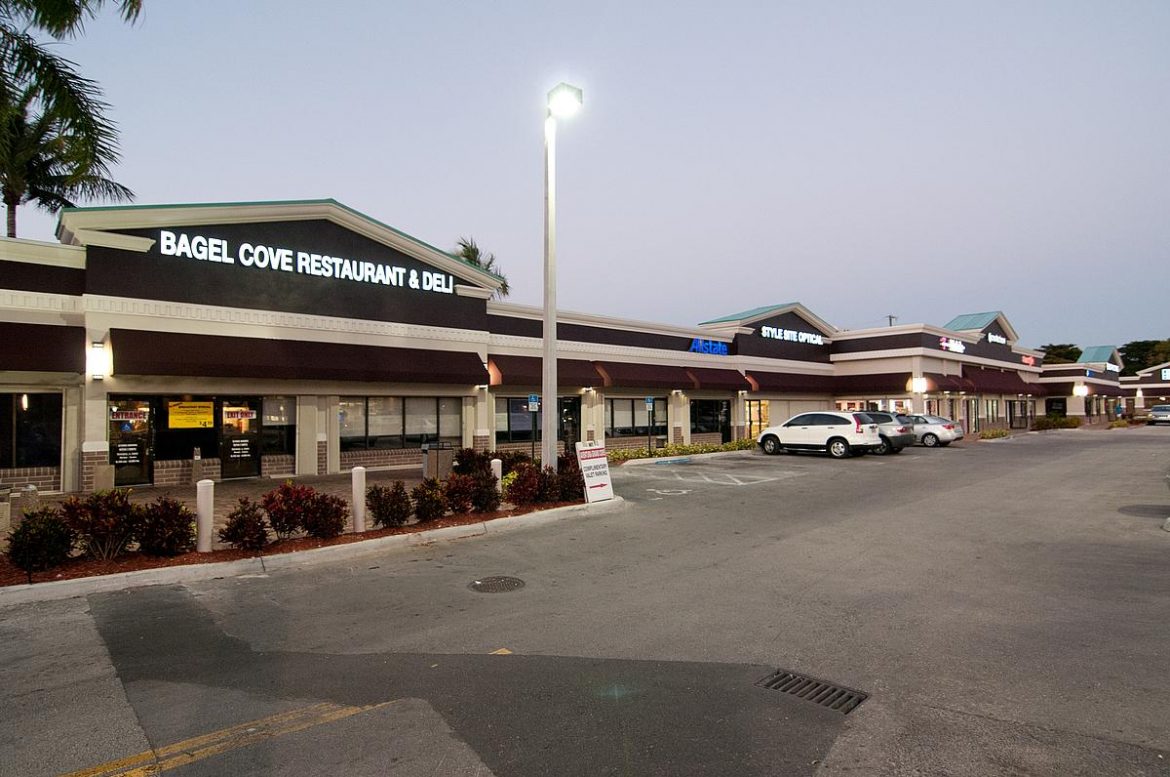
Landlords are familiar with percentage rent — taking a portion of retail tenants’ in-store sales — but now, some are thinking of bringing online sales into the mix.
As shopping habits shift towards the digital, some property owners think demanding a portion of online sales is not only fair but might be necessary. However, with little precedent set, it may be difficult, according to the Wall Street Journal.
The increased interest comes as Covid causes retailers to fall behind on rent, even as their online sales remain steady or increase. Many of their landlords have taken a beating.
Unibail-Rodamco-Westfield and Hammerson, for example, have seen their stock values fall around 80 percent since the start of the year. They now trade at a fraction of net asset value.
“How do you value your assets if they are based on turnover that is constantly going up and down?” Tom Whittington of global real-estate agent Savills told the Journal.
Hammerson will now let U.K. tenants switch to turnover-based leases if they pay an “omnichannel top up.” The company will factor in sales from practices such as click-and-collect — in which shoppers buy goods online, then pick them up in stores — to calculate the amount of rent due.
Source: The Real Deal

